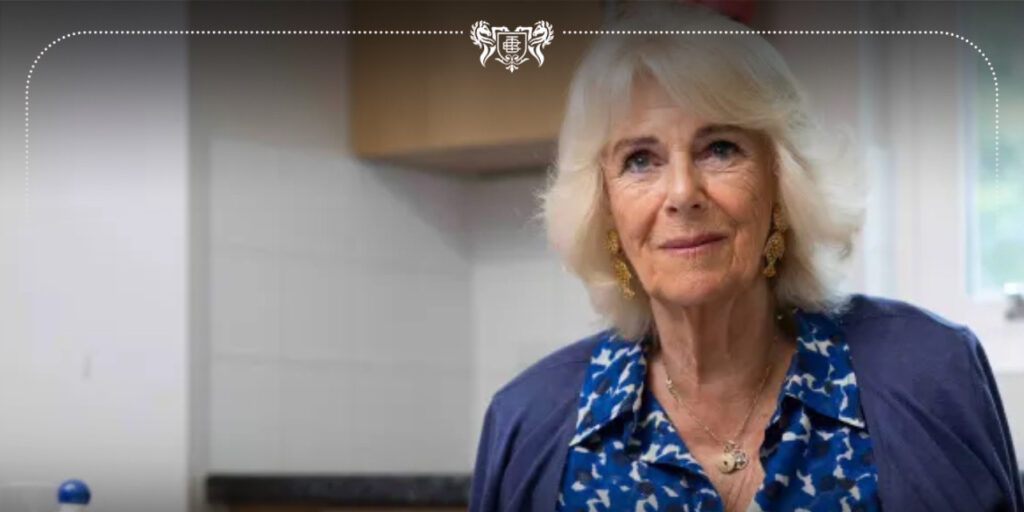Queen Camilla is stepping up her fight against domestic abuse in a compelling new documentary set to air next week. In “Her Majesty The Queen: Behind Closed Doors,” Camilla collaborates with an all-female production crew to spotlight the harrowing stories of abuse survivors. Among those featured are a member of the UK Parliament, a senior police officer, and a former Miss England.
The film highlights Queen Camilla’s dedication to raising awareness about domestic and sexual violence, a cause she has championed for many years. In 2020, she became the patron of the domestic abuse charity “Save Lives,” and back in 2017, she addressed the issue in her first-ever TV news interview with CNN.
According to UK government statistics, a woman is killed by a current or former partner every five days in England and Wales. The documentary emphasizes that in many cases, violence is only introduced late in the cycle of abuse, often when it’s too late to save the victim.
The film’s campaigners shed light on coercive control as a key component of domestic abuse, highlighting how abusers often do not initially appear threatening or overtly violent. One of the featured survivors is Chief Inspector Sharon Baker of Avon and Somerset Police. In a candid conversation with CNN, Baker shared how she initially remained silent about her abusive relationship, believing that “nobody was ready to hear that a cop like me could be a victim.” Her silence ended when she recognized the victim-blaming language used by a fellow survivor, inspiring her to share her story.
“There are so many myths about domestic abuse—that it only affects weak people,” Baker said. “I was the opposite. I was strong, powerful, and tackling public disorder in my riot helmet.” When she finally spoke out, Baker was surprised to learn that her experiences resonated deeply within her police force, prompting over 130 survivors to come forward and form a support group that continues to meet monthly.
Baker asserts that coercive control is “much more prevalent than we think” and hopes the documentary raises awareness. “Coercive control is the biggest indicator of future homicide. I experienced no violence until I tried to leave. By the time you see violence, it could be too late.” Since 2015, coercive control has been recognized as a criminal offense in England and Wales. Baker detailed how her abuser isolated her by eroding trust in her personal relationships, a tactic often masked by manipulative behaviors. “Perpetrators put rose-tinted glasses on you, making it impossible to see the red flags,” Baker explained. She hopes that discussions sparked by the documentary will focus on recognizing coercive control and empowering individuals to speak out about concerning behaviors in their relationships.
Queen Camilla acknowledges that, while progress has been made, much more must be done to eliminate domestic abuse entirely. In the documentary, she vows to continue fighting for this cause: “And I shall keep on trying until I am able to no more.”


